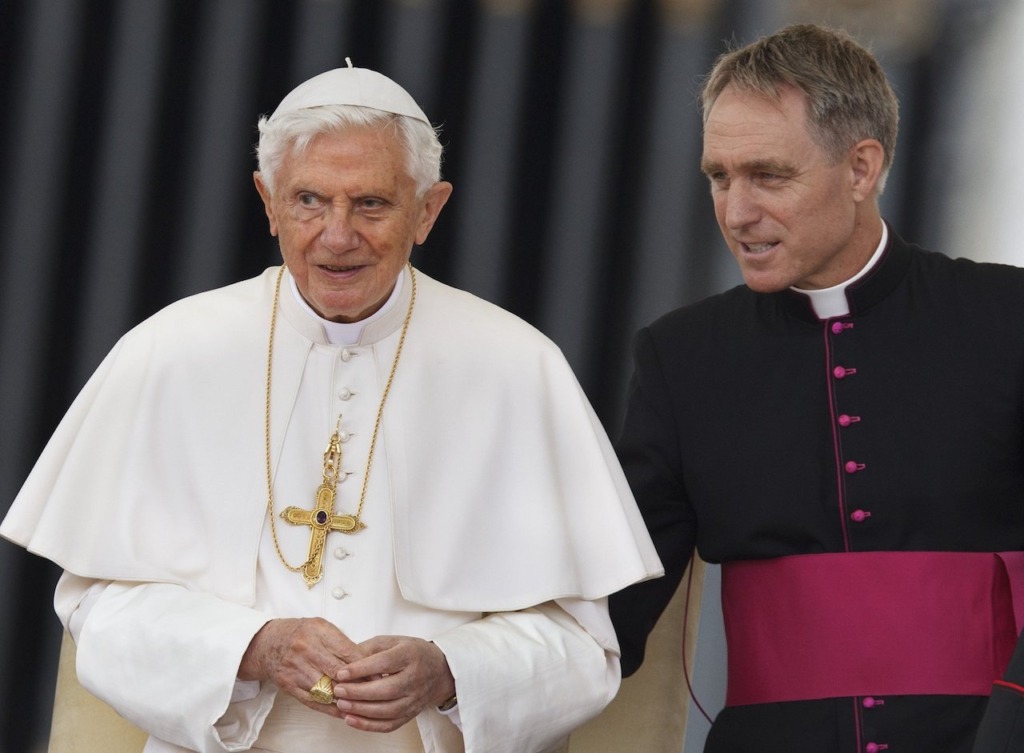ROME – Pope Benedict XVI’s biographer revealed that the late pontiff suffered for years from insomnia and exhaustion, which ultimately led him to resign from the papacy.
The German magazine, Focus, revealed the revelation, which was then confirmed by Peter Seewald, papal biographer, in a Jan. 27 interview with the German Catholic news agency, KNA.
“Benedict XVI did not want to make a fuss during his lifetime about the intimate circumstances of his resignation,” Seewald told KNA.
According to Seewald, the late pontiff wrote a final letter to him Oct. 28, nine weeks before his death Dec. 31. In it, Pope Benedict told Seewald the “central motive” of his resignation was “the insomnia that has accompanied me uninterruptedly since World Youth Day in Cologne” in 2005.
In his letter to Seewald, Pope Benedict said he was prescribed “strong remedies” by his personal physician at the time due to his insomnia. Nevertheless, the medication had “reached their limits.”
Pope Benedict’s letter to Seewald adds further context to his shocking resignation in 2013. In his speech announcing his resignation, the late pope said that his health had “deteriorated in me to the extent that I have had to recognize my incapacity to adequately fulfill the ministry entrusted to me.”
L’Osservatore Romano, the Vatican newspaper, said the pope made the decision to resign after his 2012 apostolic visit to Mexico and Cuba.
Several days after his resignation, a report from the Italian newspaper La Stampa said the pope hit his head in the middle of the night during his visit to Mexico.
The late pope said that on his first night in Mexico in 2012, he was seemingly unaware that he had hit his head and found his handkerchief “totally soaked with blood.”
“I must have bumped into something in the bathroom and fallen,” the pope wrote in his letter.
After the incident, a new physician reduced Pope Benedict’s prescription of sleeping pills and recommended that he only appear publicly in the morning on future trips.
Knowing that he would no longer be able to “cope” with the rigors of travel for the next World Youth Day 2013 in Rio de Janeiro, Seewald said Pope Benedict planned the announcement of his resignation so that a “new pope” would be able to travel.
Seewald told KNA that although it was clear that Pope Benedict resigned due to health issues, speculation arose regarding the circumstances surrounding his resignation, including “rumors of blackmail and pressure of some kind exerted on him” which “have not died down.”
The papal biographer said he felt he had a duty to publish the decisive detail entrusted to him “from the German pope’s medical history.”
“I hope that this will finally put the conspiracy theories and erroneous speculations to rest,” he said.

